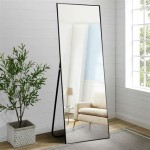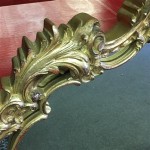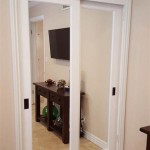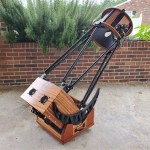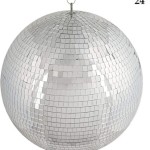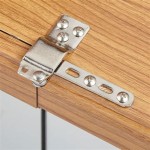Custom Glass Mirrors: Reflecting Your Style and Space
Custom glass mirrors offer a versatile and elegant solution for enhancing both residential and commercial spaces. From adding a touch of sophistication to a bathroom vanity to creating the illusion of more space in a narrow hallway, custom mirrors can be tailored to meet specific design needs and preferences. This article explores the various aspects of custom glass mirrors, from the types of glass available to the diverse applications and design considerations.
Types of Glass for Custom Mirrors
The foundation of any custom mirror is the type of glass used. Different glass types offer varying levels of clarity, reflectivity, and durability, influencing the mirror's overall aesthetic and functionality.
Standard Clear Glass: The most common choice for mirrors, standard clear glass provides excellent reflectivity and clarity. It’s a cost-effective option suitable for most applications.
Low-Iron Glass: This type of glass contains less iron oxide, resulting in superior clarity and a reduction in the greenish tint sometimes visible in standard clear glass, particularly along the edges. Low-iron glass is ideal for larger mirrors or where color accuracy is crucial.
Tinted Glass: Available in a range of colors, tinted glass can be used to create unique design effects. Bronze, gray, and blue tints are popular choices, adding a touch of personality and complementing specific color palettes.
Antique Mirror Glass: For a vintage or distressed look, antique mirror glass offers a unique aesthetic. This glass undergoes a special process to create a subtly aged appearance, adding character and charm to any space.
Custom Mirror Applications
Custom glass mirrors can be incorporated into a wide variety of applications, both functional and decorative.
Bathroom Vanities: A custom-sized mirror above a bathroom vanity is a staple in most homes. These mirrors can be designed to fit the exact dimensions of the vanity and can incorporate features like built-in lighting or shelves.
Wall Mirrors: Large wall mirrors can visually expand a room, making it appear larger and brighter. They can be used as a focal point in a living room, dining room, or entryway.
Fitness Studios: Floor-to-ceiling mirrors are essential in fitness studios, allowing participants to monitor their form and technique during exercise classes.
Retail Displays: Mirrors are frequently used in retail settings to enhance product displays and create a more engaging shopping experience. Custom-shaped mirrors can be incorporated into display cases or used as backdrops to showcase merchandise.
Design Considerations for Custom Mirrors
When designing a custom glass mirror, several factors should be considered to ensure the final product meets the desired aesthetic and functional requirements.
Shape and Size: The shape and size of the mirror should be carefully considered based on the intended application and the surrounding space. Custom shapes, from geometric designs to freeform curves, can be created to complement specific design styles.
Edgework: The edges of a custom mirror can be finished in various ways to enhance its appearance. Polished edges, beveled edges, and seamed edges offer different aesthetic options, from sleek and modern to classic and traditional.
Framing: While some custom mirrors are designed to be frameless, adding a frame can significantly impact the overall look. Various framing materials, such as wood, metal, and composite materials, can be chosen to complement the mirror and the surrounding décor.
Installation Methods for Custom Mirrors
Proper installation is crucial for the safety and longevity of a custom glass mirror. Different installation methods are employed depending on the size, weight, and location of the mirror.
J-Channels: J-channels are commonly used for smaller mirrors and offer a secure and relatively simple installation method. The mirror is slipped into the J-shaped channel, which is then attached to the wall.
Clips and Adhesives: For larger or heavier mirrors, a combination of clips and adhesives may be used to provide a secure and stable installation.
Maintenance and Care
Maintaining the pristine appearance of a custom glass mirror requires minimal effort. Regular cleaning with a glass cleaner and a soft cloth is typically sufficient to remove dust and smudges. Avoid using abrasive cleaners, which can scratch the mirror surface.
Safety Considerations
While custom glass mirrors are generally safe, certain precautions should be taken during installation and use. Ensuring proper installation to prevent the mirror from falling is essential. Tempered glass is recommended for applications where safety is a primary concern, as it is more resistant to breakage and shatters into small, relatively harmless pieces if broken.

Mirrors Frames Custom Glass Made Mirror

Order Custom Mirrors Bathroom Dining More One Day Glass

Round Wall Mirror Black Midcentury Handmade Hanging Custom Glass With

Are Glass Mirrors Right Option For Your Home Decor Berlin Md

Custom Bathroom Mirrors Creative Mirror Shower
Custom Mirrors 101 Sizes Inspiration Jones Paint Glass

Where To Buy Mirror Glass Cut Size Doctor

Mirrors Armentor Glass

Custom Bathroom Mirrors Creative Mirror Shower

Mirrors Carmel Glass Mirror

